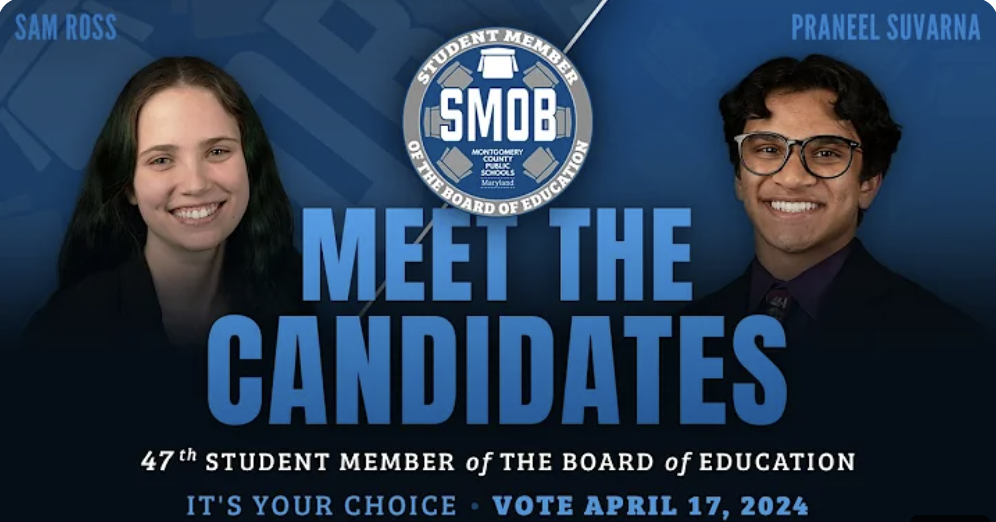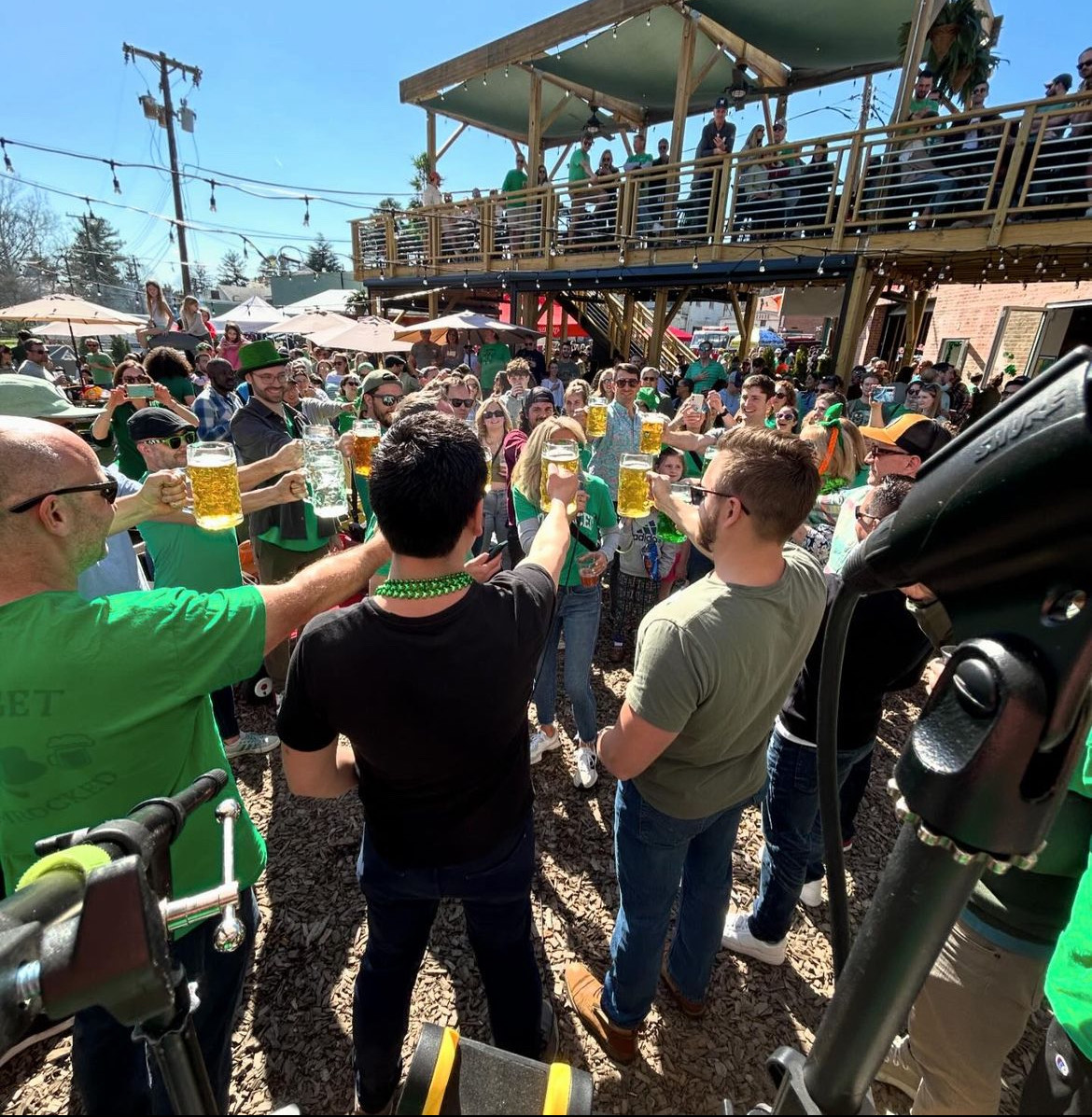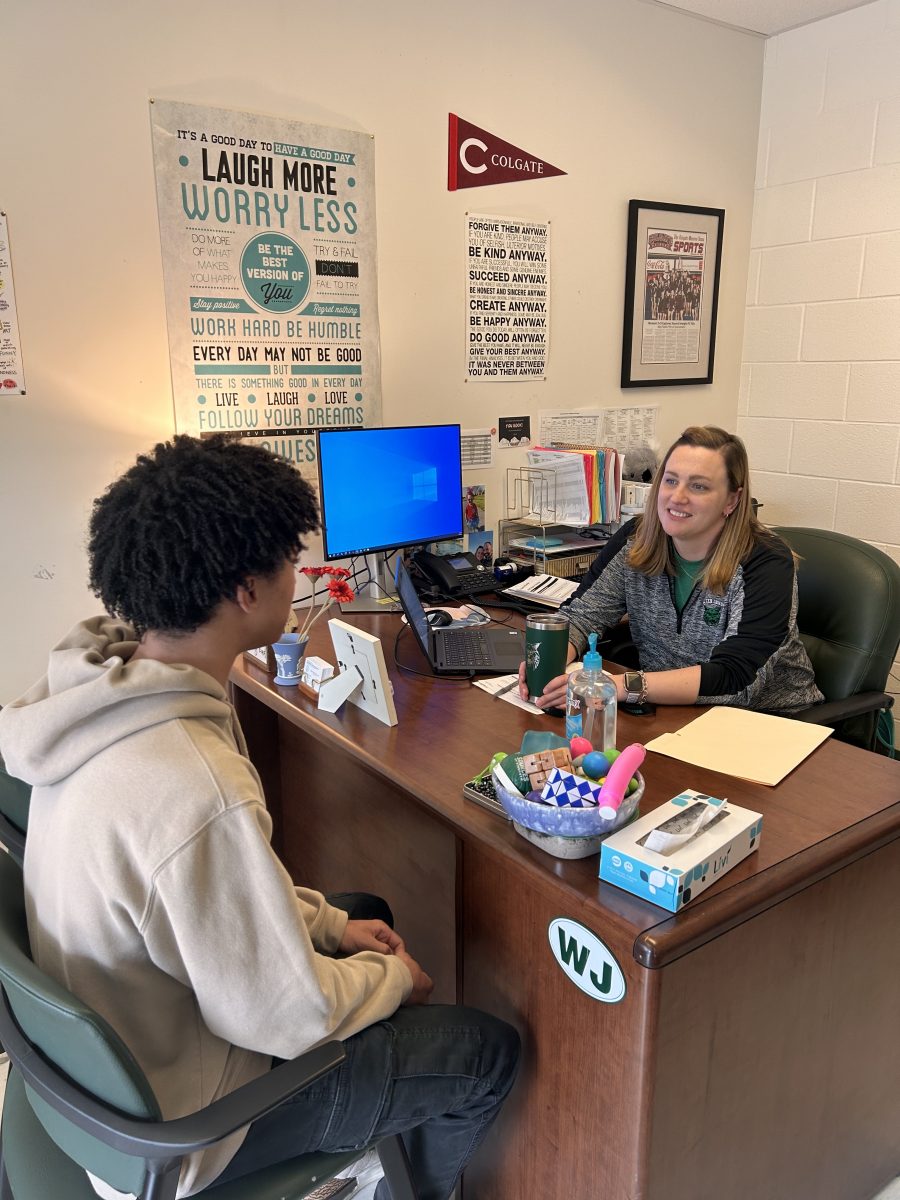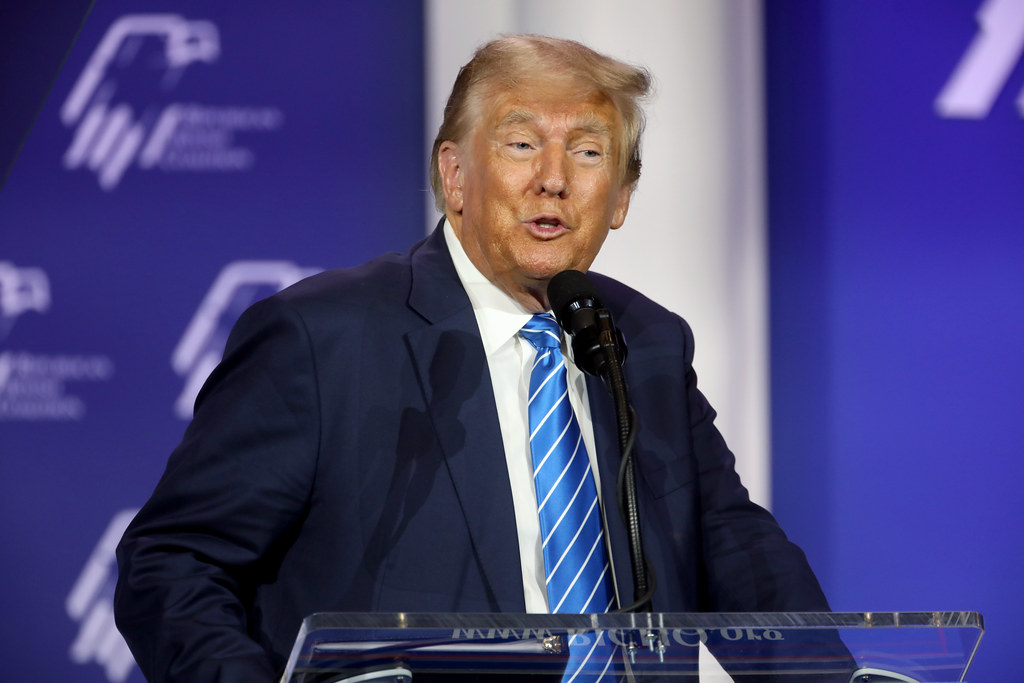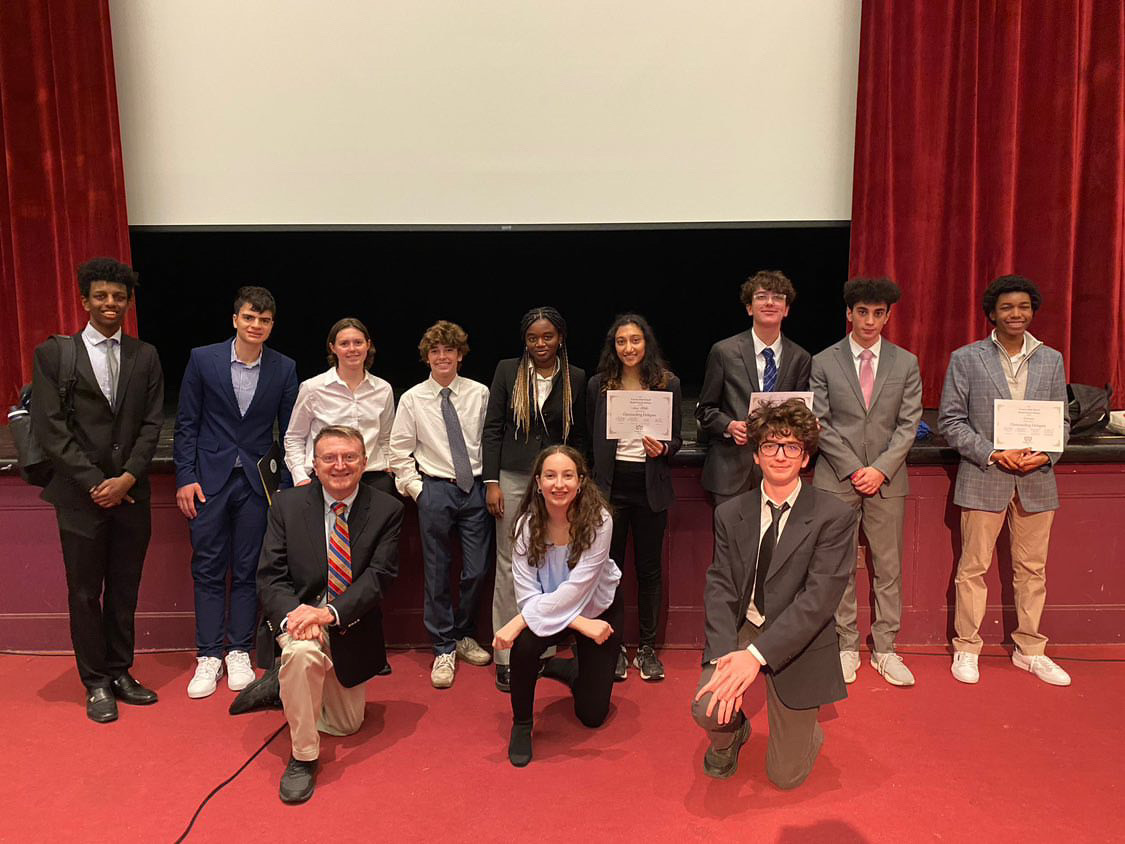It’s been viewed as a showdown between Hollywood and Silicon Valley, as leaders in the film and television industry face off against Internet giants. The issue: two bills in Congress, the Stop Online Piracy Act (SOPA) in the House of Representatives and the Protect Intellectual Property Act (PIPA, or Protect IP Act) in the Senate, both with the stated goal of reducing online piracy.
Its supporters argue that piracy siphons millions in profit from legitimate companies through illegal websites, and that the government should have the authority to block access to websites that knowingly host illegal content. Those opposed argue that such a bill constitutes internet censorship, and would force smaller websites to aggressively police user-generated content to avoid being shut down.
The bill’s major supporters include the national Cable and Telecommunications Association, News Corporation, ABC, NBC, CBS and ESPN, as well as numerous record companies and publishing companies. All of these groups believe that, if unchecked, piracy will lead to the loss of millions in revenue. There’s no reason for a person to pay to watch a movie, for example, if they can download it for free online. By watching a pirated movie, or listening to pirated music, the user is effectively stealing the product by using it without paying. The person or company who produced the entertainment receives no money for the labor and resources expended.
Critics of the legislation, including Wikipedia, 4chan, Facebook and the Creative Commons organization, argue that the legislation proposed goes too far in its stated goal of combating piracy. Under the language of the bill, they argue, websites with user-generated content on which users post copyrighted material can be flagged as being in violation of copyright law. The only way to avoid this is for websites – from start-up web pages to giants like YouTube – to aggressively enforce their copyright policies. Sure, the pirated, advertisement-free version of a pop song will be removed, but what about a video that uses only part of the song? Or features only a cover version of the song? To avoid violating the law, a website might remove all of these videos.
The votes on both SOPA and PIPA have been postponed indefinitely. Unless they are rescheduled for committee discussions, they will effectively be scrapped without ever coming to a vote. Still, there are hundreds of organizations that still back the legislation, believing the bills to be a valid protection of their business. In addition, the Online Protection & Enforcement of Digital Trade Act (OPEN Act) has already been proposed as an alternative to SOPA and PIPA, and will likely be debated sometime this year.

